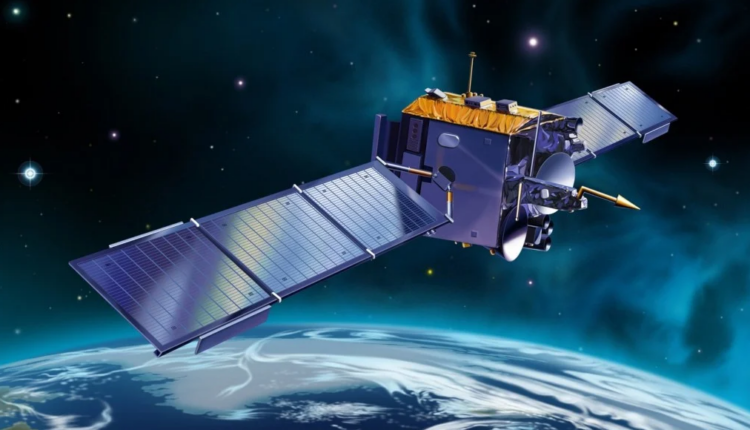©2021 Reporters Post24. All Rights Reserved.
Following recent demos of quantum communication using undersea fiber optics, scientists from Russia and China have successfully demonstrated quantum communication over satellite, using China’s quantum satellite (dubbed “Mozi”), as the two countries lay the groundwork for advanced encrypted communication networks that are safe from prying Western eyes — possibly for BRICS-aligned countries. The test was conducted using the satellite from a ground station close to Moscow, Russia, to another station based near Urumqi, China, over 3,800 kilometers, according to the South China Morning Post.
The satellite used to achieve this quantum communication, Mozi (also called Micius), has been in orbit since 2016 and is managed primarily by the Chinese Academy of Science. The collaboration with Russian scientists started in 2020. Then, in March 2023, a full quantum communication experiment was conducted between two ground stations, using encryption keys from Mozi to distribute two coded messages.
The coded messages used in the March 2023 test were fairly innocuous, before you get too excited— just a quote from Chinese philosopher Mozi and an equation from Soviet physicist Lev Landau. The more recent “full cycle” quantum communication test on December 14th, 2023, also used a few (presumably harmless) quantum key-encoded images.
For those unfamiliar, “quantum communication” refers to communication using “qubits”. Qubits, like traditional “bits,” can contain binary information. However, qubits are also incredibly fragile to outside interference, which means that it’s very easy for a quantum computer to tell if qubits have been intercepted or interfered with in some way.
Quantum communications are — in theory, at least — the most secure possible form of data transmission, exploiting quantum mechanics to be unbreakable without detection. The main drawbacks are the limited adoption/evolution of quantum computing and fundamental range weaknesses in current qubit transmission technologies— reportedly about 1,000 kilometers due to photon loss over long-distance wiring.
While we can freely send regular old bits or bytes worldwide, it’s much harder to do that with more fragile qubits since they’re generally more prone to degradation. Advancements like this (satellites boost the effective range by as much as 3,800 kilometers) may start pushing us closer to a future of qua ntum communication networks, though, since international ranges are now clearly within the range of possibility.
However, the communication test was ultimately just two regular old static images. How well quantum communication may fare in real-time video calling isn’t currently known. However, a 2017 voice calling test was done between China and Austria, which could make high-bandwidth quan tum communication feasible one day.
While quantum communications finally being achievable over undersea fiber optics and satellite communications is impressive, it isn’t likely to become a dominant form of communication for any consumer, business, or state for quite some time. The rapidly approaching future of quan tum computing may still be full of surprises, though, so who knows?
Alexey Fedorov of Russia’s National University of Science and Technology and the Russian Quantum Center states, “Quantu m communication networks could have many uses, but for now, quantum systems would ideally be suited to scientific research.”
While the technology is developing, it still seems there will be some time before it’s used on a large scale for any real purpose. But Fedorov did speak of interest in quantu m computing from the Russian finance sector and even alluded to the possibility of a q uantum communication network between BRICS nations (Brazil, Russia, India, China, and South Africa) in the future.


